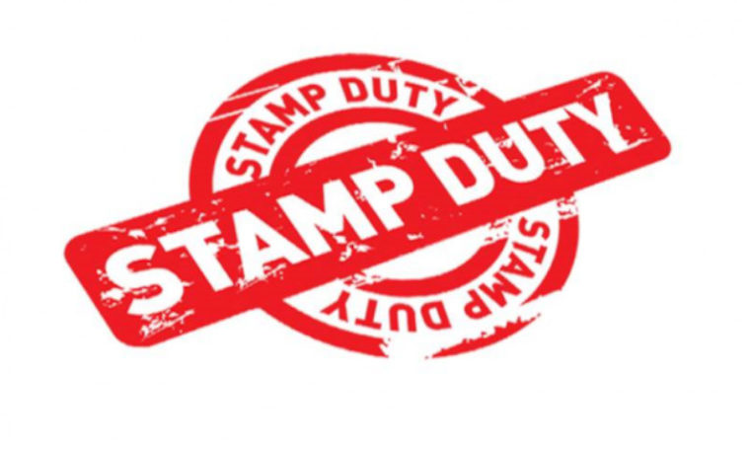Impounding Of Instrument Sine Qua Non For Imposing Duty Under Bombay Stamp Act: Gujarat High Court
PRIYANKA PREET
22 Aug 2022 11:00 AM IST

Next Story
22 Aug 2022 11:00 AM IST
The Gujarat High Court has clarified that only after an instrument is lawfully impounded that the jurisdiction would vest in Stamp authorities to proceed under Section 33 and 39 of the Bombay Stamp Act for the purpose of charging document and assessing the same for stamp duty. Justice AS Supehia, while relying on Tata Tele Services Limited Vs State of Gujarat, reiterated:"Impounding of...
